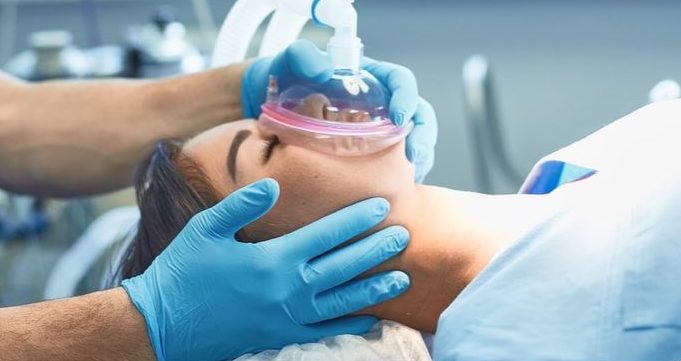The Growth of Outpatient Surgery comes from Setting Higher Standards
High standards for ambulatory surgery, whether in ASCs or the office, remain the linchpin to successfully resolving a constellation of systemic issues in healthcare. Rising costs, stagnant quality, declining access, and discouraged providers; moving the ball on all of the above remains a dedication to pushing the bounds of excellence in ambulatory settings.
Within ASC and office-based settings, when clinical performance is held to the highest standards, patients receive quality, efficient and cost-effective care. Physicians maintain greater control of their staff and equipment, supporting efforts to ensure procedures are performed consistently and with high efficacy. Hospitals can better concentrate their efforts on the most complex treatments and more urgent health issues. As a result, this allows for an increasing volume of patients, and procedures with higher acuity, to move to outpatient facilities. This is the direct result of high standards for ambulatory surgery.
As a result, as higher acuity procedures move to outpatient facilities, ambulatory surgery can continue to prove itself as the optimal model for elective care. Physicians in office-based surgical practices are already performing a growing number of surgeries in specialties that include urology, ENT, orthopedics, gastroenterology, and gynecology. In just the past few years, patients have safely undergone millions of procedures such as UroLift (for treatment of an enlarged prostate), balloon sinuplasty, shoulder and knee arthroscopy, ACL repairs, and polyp removal, and endometrial ablation in these settings with exceptional outcomes.
Ready for Everything While Avoiding “Hospital” Thinking.
If office-based surgical practices want to continue to represent the ideal solution for outpatient surgical care, they must remain committed to a quality-based, patient-centered model of care that adheres to appropriate, necessary systems. Organizations need to embrace checks and balances and the importance of following strict clinical protocols that always keep patient safety and positive outcomes as the highest priorities.
Processes must be established for proper credentialing, privileging and peer review of all providers. Emergency preparedness cannot be viewed as a low priority. Rather, it is essential that facilities are fully prepared for the unexpected. This should include ensuring members of their clinical team are trained in ACLS (and PALS, if applicable) and the availability of an appropriately stocked crash cart, with items such as a defibrillator, emergency suction device, dantrolene and succinylcholine. The maintaining of appropriate equipment must be considered the norm.
Achieving this level of effectiveness and preparation does not happen in a vacuum. It entails hard work and a willingness to accept outside support. It also requires an understanding that to attain growth and sustainability, one must embrace consistent reevaluation of performance to find improvement opportunities and reduce risks that can derail an organization’s mission and promise to its patients.
In too many ways, the valve on accessible ambulatory care, and more procedures moving to those outpatient spaces, is effective, prepared anesthesia teams. Being ready for all of the above, and more, not just responding but moving, proactively, towards what’s next in ambulatory procedures, what’s possible, is how Scope partner practices in Texas, the PNW, and Chicago have established themselves as the answer to outpatient safety, quality, and opportunity.
Recent Posts 
The Critical Partnership Between the Clinical and Business Teams
Healthcare GDP is 9% of US GDP, 4th overall, weighing in at $2.3T. It’s also the largest source of government spending, at 28% of the federal budget (nearly doubling the DoD budget for the largest military in the world). Balancing clinical and quality of care requirements while also dealing with shrinking reimbursements and major consolidation...
Ambulatory Management Solutions Rebrands to Ambulatory Anesthesia Care (AAC)
One of the lynchpins of safe, effective surgery is exceptional anesthesia. Obsessive dedication to quality and dogged pursuit of innovation by groups like Mobile Anesthesiologists in Chicago, Noble Anesthesia Partners in Texas, and M2 Anesthesia, a pediatric dental anesthesia group in the PNW, are all part of a larger ecosystem of success. That success has...
Anesthesiologists Are Essential to Patient Safety
With the growth of ambulatory surgery, there are increased efforts to meet demand. One approach has been changing requirements on physician-anesthesiologists in the OR, including two bills up for consideration in Illinois, both removing the requirements for direct anesthesiologist supervision of CRNAs or other providers when delivering anesthesia (1 and 2). While CRNAs are an...

